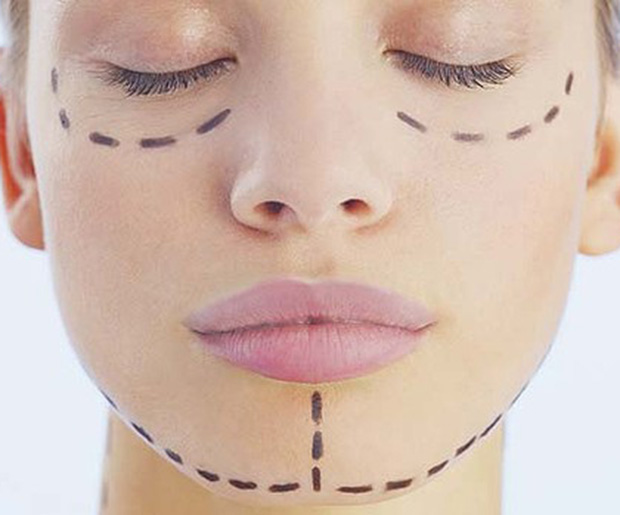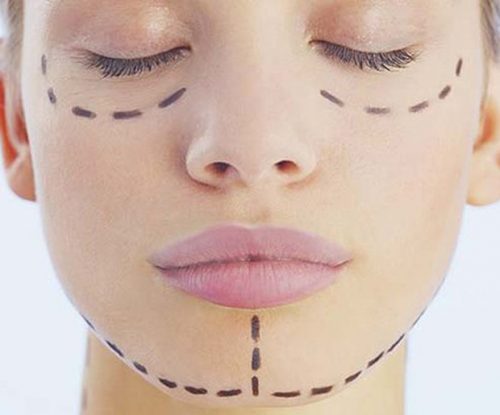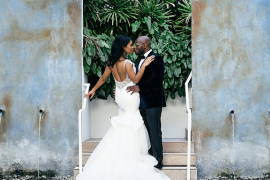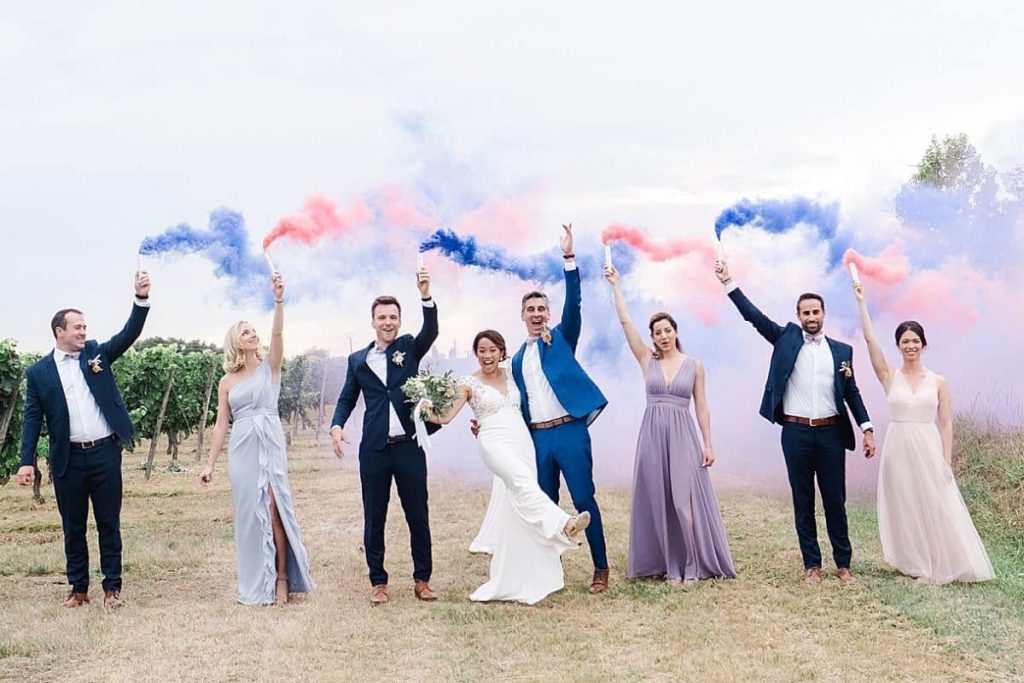The ancient Greeks and Egyptians believed in the humoral theory of health, that the body was composed of four basic substances. When these substances, or humors, are in balance, one is healthy. When either of these humors – black bile, yellow bile, phlegm, and blood—was in excess or deficit, disease ensued. These humors could vary in the body based on diet and activity, and could affect physical health as well as personality. Greek philosophers believed in the “Golden Ratio,” that facial features that fell within certain proportions were more attractive. The ancient peoples also believed that beauty, or looking well, was a sign of good health. It is no wonder, then, that many beauty regimens today are rooted in a rich history of cultural practices.
From the harem women of the kingdoms of Persia to Cleopatra and the early tribes of Africa, beauty was a unifying aspiration that held value and was revered. Although specific practices vary by region, a “beauty ideal” exists in nearly every culture. According to Middle Eastern tradition, for example, a woman’s skin should always be soft, hairless, and smooth. In the same culture, her hair is ideally long, flowing, and silky. In East Asia, flawless skin is treasured. Some societies place such emphasis on beauty that the attribute shapes an individual’s social and financial status. The need to have or be surrounded by beauty is fundamentally human. However, standards of beauty are not universal; they vary according to culture, environment, and experience, and are therefore, relative. The ways in which we go about achieving the beauty aesthetic are also numerous.
Although some beauty standards were borne from cultural norms many centuries ago, those ideals remain in the mindset of many men and women in modern societies to this day. In much of Southeast Asia, a fair complexion is considered a sign of wealth, high social class, and beauty. Lightening creams are popular cosmetics and are de rigeur. In the US, on the other hand, a radiant suntan is viewed as a sign of health and leisure. French women appreciate a more natural look and avoid wearing much makeup. US women prefer a bit more paint and help drive cosmetic revenues into the billions. In some part of West Africa, women are considered more attractive when they are overweight. On the contrary, western media idealizes a culture of thinness. Brazilians have traditionally valued a voluptuous “guitar shape” to the body. This is changing slowly with the influx of western images of beauty. To many Korean women, eyes that are wider and rounder are more attractive, thus, eyelid surgery to achieve these features is common. In fact, the number of cosmetic plastic surgery cases has been significant over the past few years. According to the American Society of Plastic Surgeons, 1.6 million cosmetic surgery procedures were performed in the US in 2012. These operations include liposuction to help reduce unwanted fat, breast augmentation to provide desired larger breasts, and rhinoplasty to improve the shape of the nose. Even non-surgical cosmetic procedures are on the rise, up 6% in 2012 to 13 million procedures in the US last years. This signifies that beauty has a premium, and many people are ready and willing to invest resources to achieve that which is not only valuable but also is perceived as resulting in a high return on their investment.
Dr. Shirley Madhère is a plastic surgeon who practices “holistic plastic surgery” in New York City. She is an Associate Adjunct Professor of Surgery at New York Eye, Ear and Throat Infirmary and is the Founder of Beauty 4 Empowerment (beauty4empowerment.com). For more information regarding her practice and for additional tips on beauty and plastic surgery, please visit her website, thenewaesthete.com or drshirleymadhere.com. Dr. Madhère performs online consultations or e-consults for international clients through e-consults at click-lift.com.







